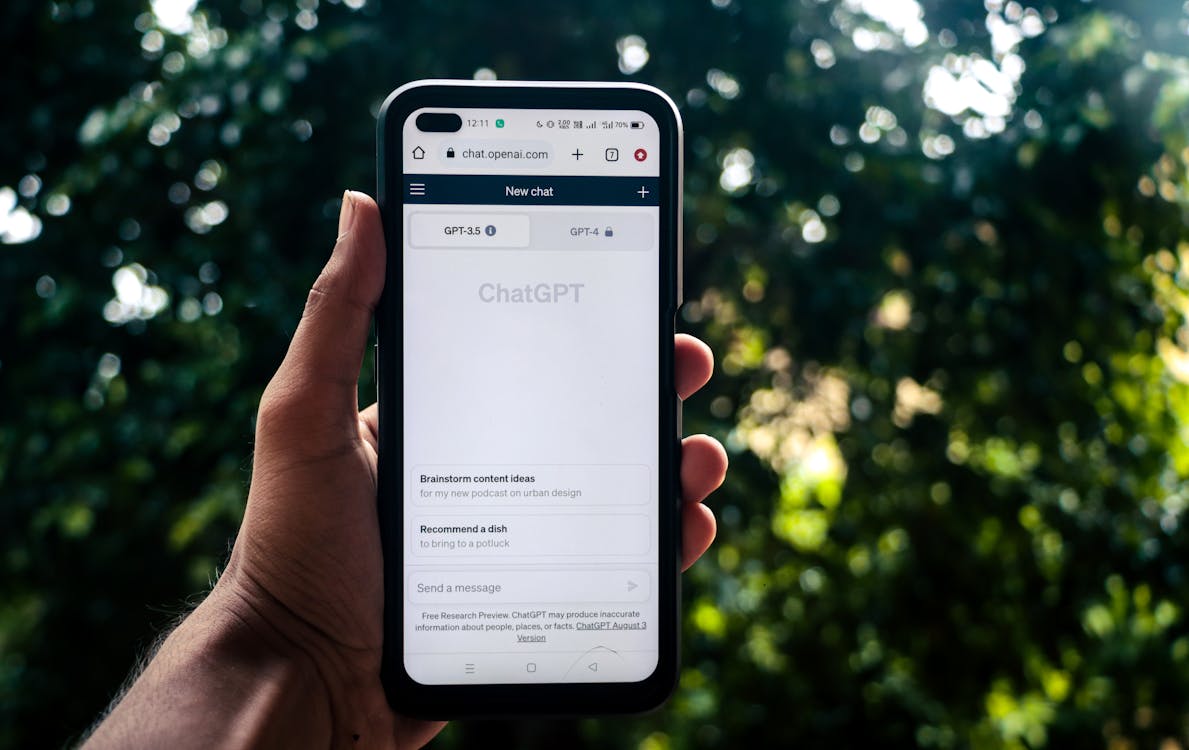
The United States lawmakers urged tech giant OpenAI to answer questions about its safety protocols and employment practices following complaints from whistleblowers and issues in public trust and national security.
In a July 22 letter sent to the artificial intelligence (AI) company, Senate Democrats Brian Schatz, Ben Ray Luján, Peter Welch, and Mark R. Warner, along with independent senator Angus S. King, Jr., outlined 12 detailed questions that CEO Sam Altman must respond to not later than August 13.
“OpenAI is now partnering with the US government and national security and defense agencies to develop cybersecurity tools to protect our nation’s critical infrastructure. National and economic security are among the most important responsibilities of the United States Government, and unsecure or otherwise vulnerable AI systems are not acceptable,” the senators wrote.
The whistle blows
The Senate inquiry was triggered when whistleblowers filed a complaint with the Securities and Exchange Commission (SEC) in June. They claimed that OpenAI illegally prohibited its employees from reporting concerns through non-disclosure agreements (NDA).
The company also faced criticism in May after enforcing a restrictive offboarding policy that bans former employees from speaking against OpenAI. Reportedly, this rule also stipulates that acknowledgment of NDA is a form of violation.
Despite that, ex-personnel William Saunders expressed that the ongoing research at OpenAI and future iterations of ChatGPT prompted him to resign.
Saunders added that the rapid development of AI toward advanced superhuman intelligence could cause an existential threat to humans.
He asserted that workers in AI firms should earn the right and responsibility to warn the public about the possible harm that continued AI development could bring.
Safety, employment queries
In response to recent reports—from both the public and whistleblowers—regarding alleged problems at OpenAI, the US senators submitted a letter including 12 questions requesting clarifications.
The letter asked about the company’s non-disparagement agreements and other contractual provisions that could intimidate employees from voicing safety concerns to the management and the public.
Emphasizing the need for freedom of expression and whistleblower protection, lawmakers have also encouraged OpenAI to remove these provisions from employment agreements and contracts.
Moreover, they demanded confirmation of the company’s vow to commit 20% of its computing power to safety research, as announced earlier in July when it created a team to prevent existential risks.
Several accounts stated that the team had long been dissolved after the announcement, with its members already reassigned to other responsibilities.
Government access to OpenAI’s future AI models was also raised, hoping that independent experts would perform possible pre-deployment testing. This aims to allow the government to evaluate the technology’s security, safety, and reliability before they roll out to the public.
Additionally, the senators inquired about cybersecurity protocols, which the company implements to prevent malicious actors and foreign adversaries from stealing its AI models and intellectual property.
They further asked OpenAI for transparency and public accountability by assessing the impact of its existing models on the real world.
This move from the US Senate serves as a huge step in regulating AI development to match public safety and security standards, which is crucial given the widespread use of AI tools and their potential consequences when left unchecked.



















